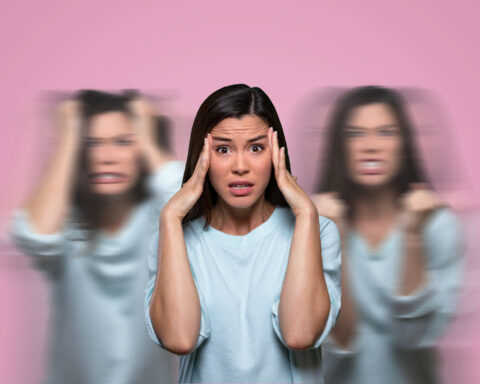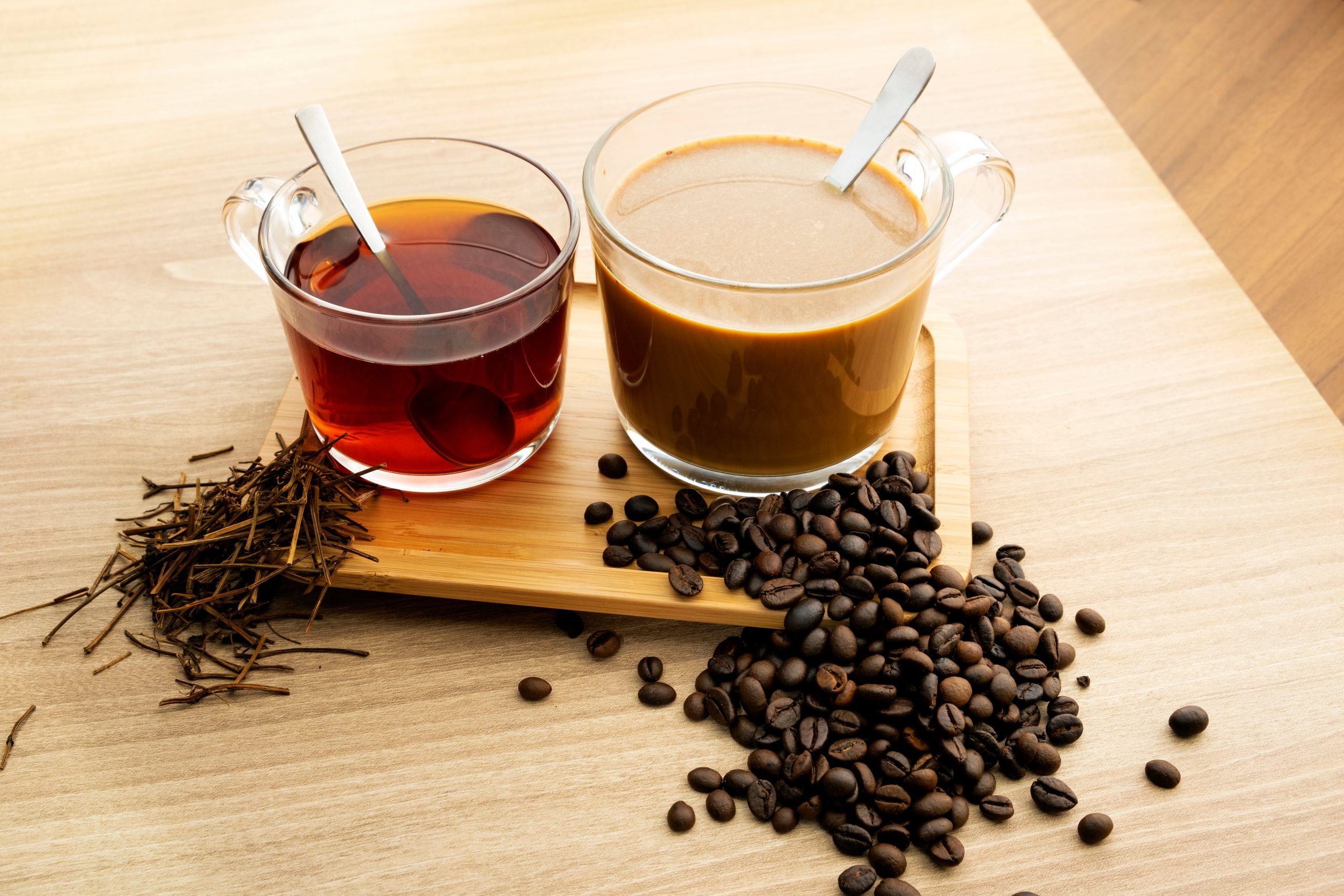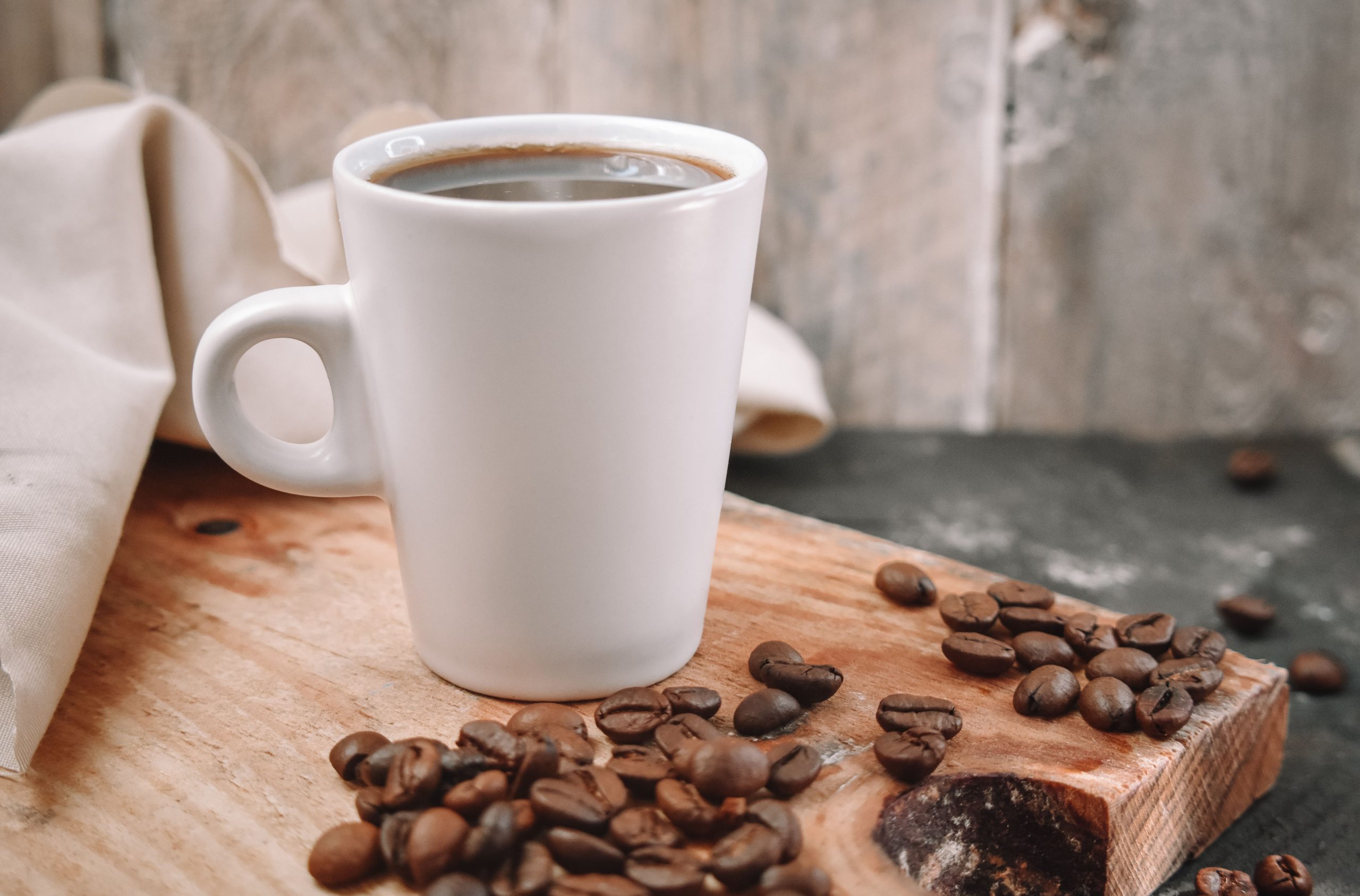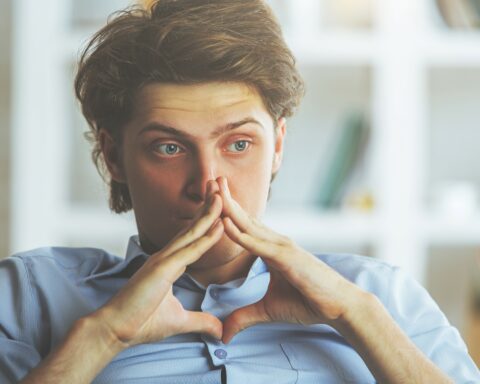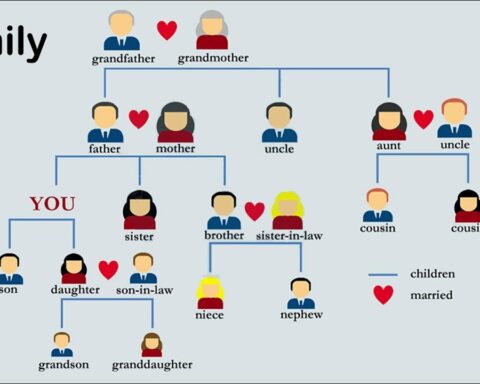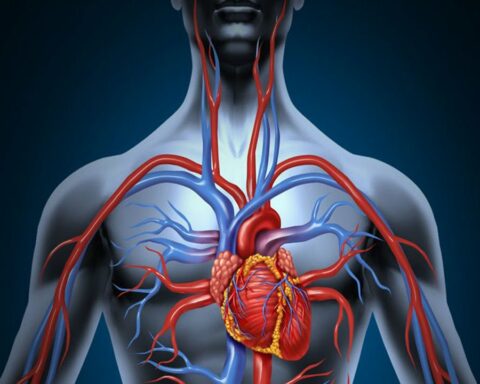Caffeine is the most active and natural plant compound found in coffee beans. Decaffeinated or decaf coffee is specially made by extracting caffeine out of coffee. Both caffeinated and decaf coffee have their pros and cons.
Most people consume coffee in various ways as this beverage is very versatile. It is commonly taken as a coffee drink, but it can also be used in baking and topping dairy products like yogurt. Some people are sensitive to caffeine and prefer to avoid it, cut back on it, or opt for decaf coffee instead. It is worth noting that decaf coffee contains caffeine in some amounts, and this article shows how it is made and the much caffeine it contains. It will also review some benefits of caffeine.
What Is Decaf Coffee?
If you thought that decaf coffee is free of caffeine, then you are completely wrong. The United States Department of Agriculture (USDA) recommends that the percentage of caffeine in dry and packed decaf should not exceed 0.10. However, some studies indicate that decaf coffee may contain up to 3% of caffeine. To make this more precise, 180 mg of caffeine in 354 ml of coffee drink contains about 5.4 mg of caffeine in decaf state.
The caffeine content in decaf coffee depends on two factors – the process of decaffeination and the type of coffee bean used. Decaf coffee beans are prepared by extracting caffeine out of the beans. The process begins with one of the following methods of adding water, carbon dioxide, or organic solvent, which removes caffeine out of the beans. Regardless of the method, caffeine is extracted out of the beans by soaking or steaming. Each method can be done as follows:
- Swiss water process: this is the organic method of extracting caffeine out of coffee beans. By the use of osmosis, this process produces 99.9% decaf coffee.
- Solvent-based process: in this process, a solvent made by combining ethyl acetate, water, and methyl chloride is used to extract caffeine. The resultant product does not contain either of the mentioned chemicals as they evaporate.
- Carbon dioxide process: this is the most recently invented method of decaffeinating coffee. It relies on carbon dioxide, which is found in coffee beans. It extracts caffeine and leaving other flavor compounds untouched. However, it is very expensive.
Amount of Caffeine in Decaf Coffee
The previous section has just explained how decaf coffee is prepared. The amount of caffeine in decaf coffee you buy is determined by those processes. Keep in mind that, regardless of the process, all decaf coffee will still contain caffeine. According to the National Institutes of Health, just 236 ml of decaf coffee provides about 7 mg caffeine. In contrast, the same amount of regular coffee contains up to 70-140 mg of caffeine. Frankly, 7 mg may seem too low to cause concern. However, people who have been told to reduce their caffeine intake due to sensitivity, renal disease, or caffeine-induced anxiety disorder must proceed with caution. Individuals at risk of aggravated symptoms can react with even small amounts and present with anxiety, agitation, increased blood pressure, and increased heart rate.
Different brands of decaf coffee in the US contain different amounts of caffeine. For example, Starbucks Decaf coffee contains 20 mg of caffeine in 354 ml. The same amount of Dunkin’s Donuts Decaf coffee contains up to 7 mg of caffeine, 354 ml of decaf brewed coffee contains up to 8.4 mg of caffeine, and 354 ml of Instant Decaf Coffee contains 3.8 mg of caffeine. For safety concerns, it would help if you checked for caffeine content in your favorite coffee brand before you consume it.
Who Suits Decaf Coffee?
While caffeine is safe, people should avoid taking it in higher amounts. Decaf coffee can replace coffee in various instances. People who experience insomnia, nausea, elevated blood pressure, jitters, headaches and migraines, irritability, and anxiety after drinking caffeinated coffee should avoid it. They should instead consider decaf coffee. In the same way, those having certain medical problems and are under medications that interact with caffeine should use decaf coffee. Additionally, if you are sensitive to caffeine, it is high time you started using decaf coffee. Evidence suggests that caffeine can stimulate heartburn. Therefore, people with gastroesophageal reflux disease or who experience heartburn should cut back on caffeine intake. Decaf might be a good alternative. Lastly, it is also advisable that pregnant and breastfeeding women should reduce their intake of caffeine.
Benefits of Coffee
While medical conditions and other issues may make you avoid or limit your intake of coffee, there are many ways that it can benefit your health. Here are some of the health benefits of coffee.
It Can Improve Your Energy Level
Consumption of coffee has been associated with increased energy and reduced exhaustion. This is because it contains caffeine, which is said to travel directly to your brain via the bloodstream. In the brain, it inhibits the action and effects of adenosine. As a result, hormones like dopamine and norepinephrine are produced in high amounts, which increase energy levels, mood, and alertness.
It Can Help With Weight Loss
Many commercial fat-burning supplements contain caffeine. This is because it is naturally a fat burner. Evidence suggests that caffeine can increase your metabolic rate by up to 11%. With increased metabolism, your body burns calories, and therefore you lose weight.
Coffee Is Nutritious
Brewed coffee contains a few beneficial nutrients. Just one cup of coffee contains 11% of the daily value (DV) for vitamin B2 (riboflavin), 6% of the DV for vitamin B5 (pantothenic acid), 3% of the DV for both manganese and potassium, and 2% of the DV for both vitamin B3 (niacin) and magnesium.
Conclusion
Decaf coffee is a good alternative for people with caffeine sensitivity or those who want to cut back on caffeine intake. All brand of decaf coffee contains varying amounts of caffeine depending on the decaffeination process. Averagely, most decaf coffees contain 5.4 mg of caffeine in a single cup. It would help if you looked out for the amount of coffee in your decaf coffee before drinking it.
Credits
We would like to thank the below contributors who have helped us to write this article:
- Products That Assist with Stress Relief - September 21, 2023
- TRÈFLE – THE ROAD TO THE 15TH - July 29, 2023
- Lovingly thought out educational toys - July 5, 2023


